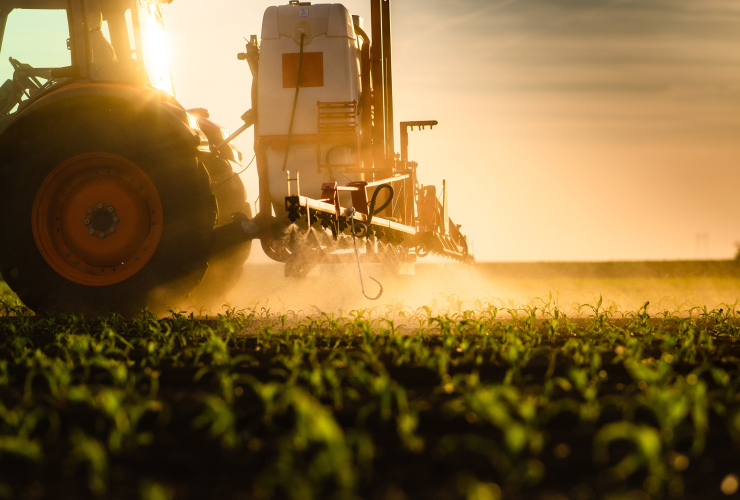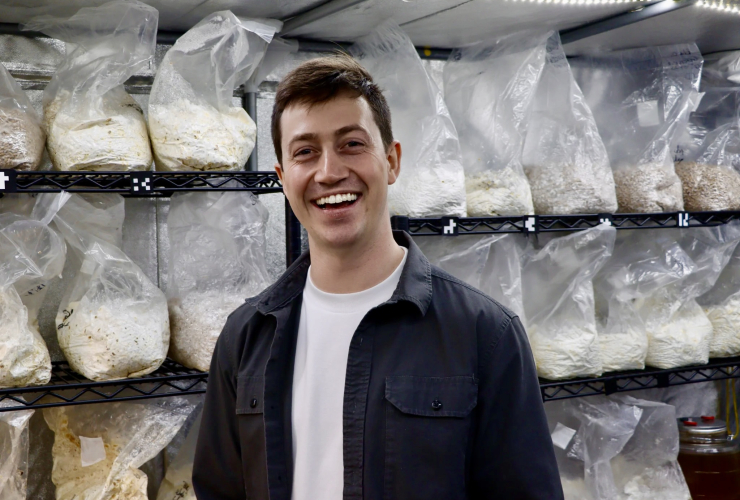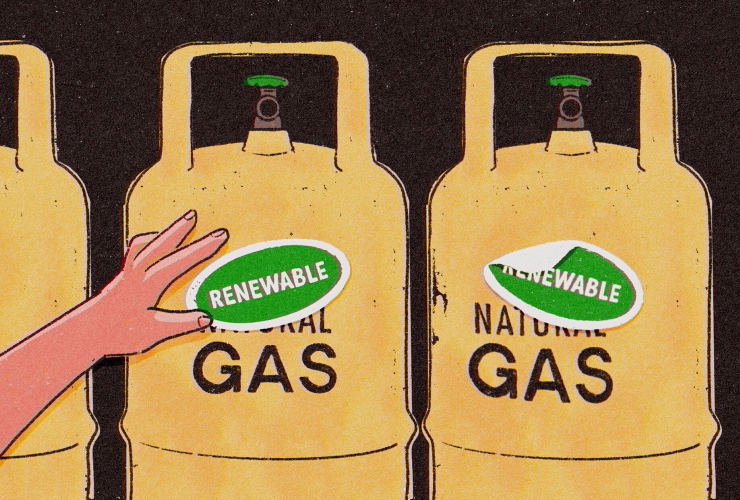Marc Fawcett-Atkinson

Journalist | Vancouver |
English
French
About Marc Fawcett-Atkinson
Marc Fawcett-Atkinson is a reporter and writer covering food systems, climate, disinformation, and plastics and the environment for Canada’s National Observer.
His ongoing investigations of the plastic industry in Canada won him a Webster Award's nomination in environmental reporting in 2021. He was also a nominee for a Canadian Association of Journalists's award for his reporting on disinformation.
Marc has previously written for High Country News, the Literary Review of Canada, and other publications on topics exploring relationships between people and their social and physical environments.
He holds an M.A. in journalism from the University of British Columbia and a B.A. in Human Ecology from the College of the Atlantic.
Wildfire conspiracy theories spread faster than flames
In some corners of Alberta, there are whispers that the military’s presence has nothing to do with the fires.
Exposed: Hidden health risks lurk in the air Canadians breathe every day
High levels of carcinogenic gas near a medical sterilization facility in Scarborough, Ont., highlight a dangerous gap in Canada’s air quality monitoring, says the Environment and Climate Change Canada researcher who discovered the chemical in the area.
Former fossil fuel engineer crusades against gas company greenwashing
Edgar (Eddie) Dearden skips the small talk when he meets someone new, instead starting the conversation by asking them if they "know what natural gas is." The question is the centrepiece of his self-appointed quest to fight the fossil fuel industry's insidious disinformation campaign painting natural gas as a climate solution.
Behind our award-nominated Facebook investigation...
I would love to do more of these kinds of stories, but it will require your help. Your funding goes a long way to help us work with computer experts who can build important investigative tools to keep track of rampant disinformation.
Petitions push feds to ban glyphosate
The battle to ban glyphosate, Canada's most widely used pesticide, has made it to Parliament.
Meet the man turning mushrooms into meat
Mycelium has recently burst into the spotlight, with proponents saying it offers remedies to some of the ills of industrialization, like plastic pollution.
Reducing food waste and meat consumption could solve world hunger
Nearly all the world's population could eat well from food produced within their countries’ borders — if countries wasted less food and ate less meat and sugar, researchers have found. In Canada, we would need less than a sixth of our farmland to feed everyone in the country a healthy and climate-friendly diet.
Biologist’s ‘no-regret strategies’ seek to protect the planet with seaweed
For the past several months, Carlos Drews has been trying to figure out how to transform barren bits of B.C. seafloor into vibrant forests of kelp that sequester carbon and bolster biodiversity.
Is ‘renewable’ natural gas a climate solution — or masterful greenwashing?
Each time Tim Crossin turns on his gas fireplace to heat the modest home he shares with his partner, the avowed environmentalist "assuages" his climate guilt with a reminder that he is paying a premium for so-called "renewable" natural gas.
Who benefits from Ottawa’s plan to tackle food insecurity?
On grocery store shelves in Iqaluit, Nunavut, it is hard to find enough lettuce for a family-sized salad for less than 10 bucks. In more remote parts of the northern territory, basic items like an eight-pack of juice — or a handful of fresh veggies — can go for nearly $40.










